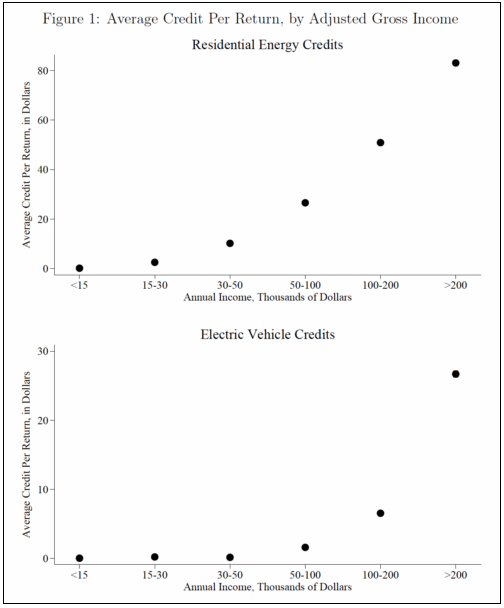I’ll be brief. The Progressive-Democrat Presidential candidate and current President Joe Biden, has a legislative and administrative history of
- open to nonexistent borders, epitomized by his failed effort to codify the entry of 1.4 million or more illegal aliens per year (assessed at weekly intervals) before a President would be authorized to do anything toward closing our border
- enormous inflation that’s only just abating, although the new price levels remain much higher than extant in the prior administration, with no sign those elevated price levels are abating
- real wages falling relative to those extant in the prior administration as nominal wage increases, with some excursions to the topside, in the main have been smaller than price increase increases due to inflation
- denigrating Israel as it fights for its survival against the terrorists Hamas and Hezbollah—and against their masters, Iran—while moving to protect Hamas by demanding cease fires that only benefit Hamas
- encouraging continued butchery in Ukraine by slow-walking and blocking weapons Ukraine needs while coddling the invader barbarian as sanctuary against serious counterattack by Ukraine
- appeasing Iran in its desperation to get Iran to let this administration back into the failed Iran nuclear weapons development deal
- appeasing the People’s Republic of China regarding that nation’s seizure and occupation of the South China Sea and its threats against the Republic of China
- meekly accepting PRC military and spy bases in Cuba, elsewhere in the Caribbean, South American, in even more meek abrogation of our erstwhile long-standing Monroe Doctrine
- active deprecation of our energy production and energy independence through constant attacks on and blocks of coal, oil, natural gas—even liquid natural gas export—in favor of unreliable wind and solar farms
Those are just the high points; the full list is quite extensive.
This is why Biden and Harris won’t run on policy and how their policies for the next term would benefit Americans. Instead, their campaign platform is personal; it’s focused against a man. They don’t even argue against his policies, past or future—only that the man himself is bad.
This lack of a coherent, reasoned platform is instructive of the capacity of the Progressive-Democratic Party to govern.

